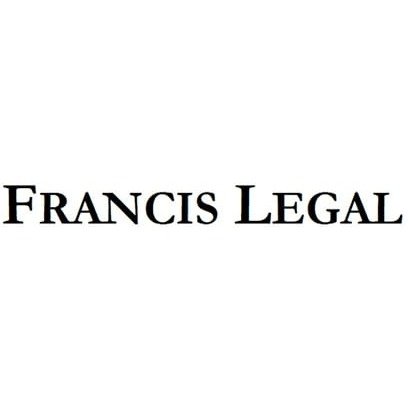Best Bail Bond Service Lawyers in Australia
Share your needs with us, get contacted by law firms.
Free. Takes 2 min.
Or refine your search by selecting a city:
List of the best lawyers in Australia
About Bail Bond Service Law in Australia
Bail bond service refers to the process where an individual pays a specific amount of money to secure their release from custody while awaiting trial. In Australia, bail bond service laws are governed by state and territory laws, with each having specific regulations regarding how bail is determined and paid.
Why You May Need a Lawyer
You may need a lawyer for bail bond service in Australia if you or a loved one has been arrested and needs help securing bail. A lawyer can assist in the bail application process, represent you in court hearings, and provide valuable legal advice to ensure your rights are protected throughout the bail process.
Local Laws Overview
In Australia, bail laws vary by state and territory. Generally, bail is determined based on factors such as the seriousness of the offense, the individual's criminal history, and the risk of flight. It's important to seek legal advice specific to your location to understand the bail bond service laws that apply to your situation.
Frequently Asked Questions
1. How is bail amount determined?
Bail amount is determined based on various factors, including the seriousness of the offense, the individual's criminal history, and the risk of flight.
2. Can bail be denied?
Yes, bail can be denied if the court believes there is a risk that the individual may fail to appear in court or commit further offenses.
3. Can bail conditions be imposed?
Yes, the court may impose conditions such as surrendering a passport, reporting to the police regularly, or adhering to a curfew as part of the bail agreement.
4. Can bail be revoked?
Yes, bail can be revoked if the individual breaches the bail conditions or commits a new offense while on bail.
5. Can bail be paid in cash?
Yes, bail can be paid in cash, by providing a security deposit, or through a bail bond service provider.
6. Can bail be reduced?
Yes, bail can be reduced by submitting a bail variation application to the court, outlining reasons for the reduction.
7. Can bail be paid by someone else?
Yes, someone else, such as a family member or a bail bond service provider, can pay bail on behalf of the individual.
8. Can bail be paid in installments?
It is uncommon for bail to be paid in installments, as the full amount is typically required upfront to secure release.
9. Can bail be transferred between states?
It is possible to transfer bail between states, but the process can be complex and requires legal assistance.
10. What happens if bail is forfeited?
If bail is forfeited, the court may issue a warrant for the individual's arrest, and the bail amount may be lost.
Additional Resources
If you need legal assistance for bail bond service in Australia, consider reaching out to legal aid organizations in your state or territory, as they may provide free or low-cost legal services. You can also consult with a reputable bail bond service provider for guidance on the bail process.
Next Steps
If you require legal assistance for bail bond service in Australia, it's important to contact a qualified lawyer who specializes in criminal law. They can guide you through the bail process, represent you in court, and ensure your rights are protected. Be proactive in seeking legal advice to secure bail and navigate the legal system effectively.
Lawzana helps you find the best lawyers and law firms in Australia through a curated and pre-screened list of qualified legal professionals. Our platform offers rankings and detailed profiles of attorneys and law firms, allowing you to compare based on practice areas, including Bail Bond Service, experience, and client feedback.
Each profile includes a description of the firm's areas of practice, client reviews, team members and partners, year of establishment, spoken languages, office locations, contact information, social media presence, and any published articles or resources. Most firms on our platform speak English and are experienced in both local and international legal matters.
Get a quote from top-rated law firms in Australia — quickly, securely, and without unnecessary hassle.
Disclaimer:
The information provided on this page is for general informational purposes only and does not constitute legal advice. While we strive to ensure the accuracy and relevance of the content, legal information may change over time, and interpretations of the law can vary. You should always consult with a qualified legal professional for advice specific to your situation.
We disclaim all liability for actions taken or not taken based on the content of this page. If you believe any information is incorrect or outdated, please contact us, and we will review and update it where appropriate.
Browse bail bond service law firms by city in Australia
Refine your search by selecting a city.

















